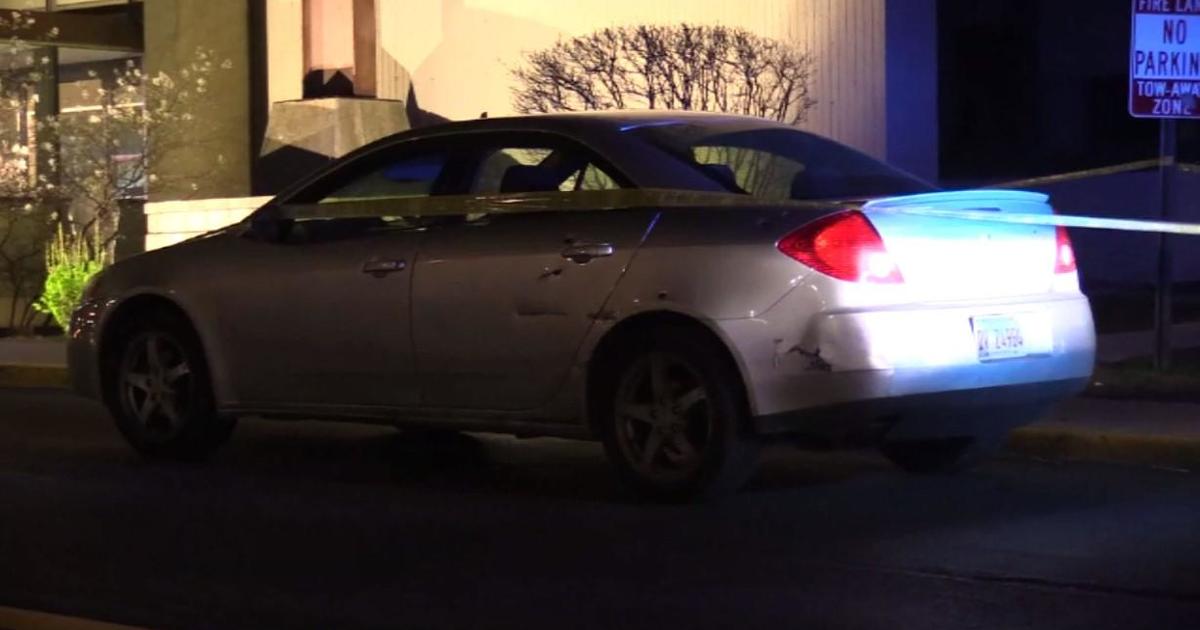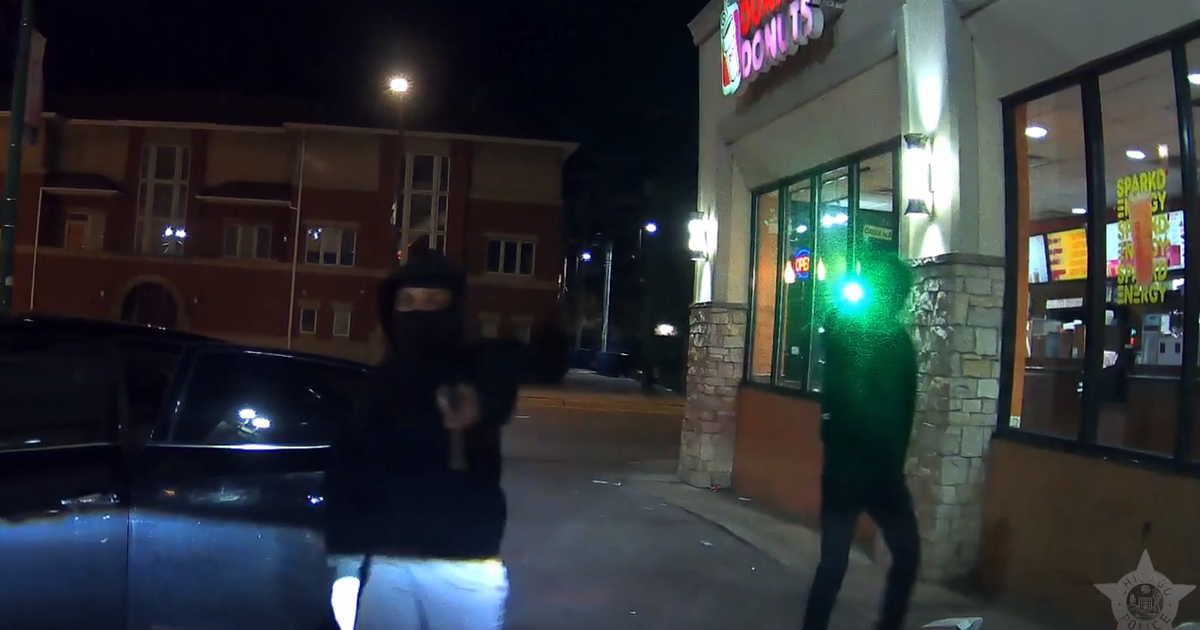Inmate Hopes DNA Tests Will Exonerate Him In North Chicago Murder
WAUKEGAN, Ill. (STMW) -- Forensic testing results key to a Chicago man's quest to see his 2004 murder conviction overturned are expected within the next several weeks.
Marvin Williford is hoping to overturn his conviction in the murder of North Chicago man Delvin Foxworth, who died after he was brutally attacked by three men at his home in January 2000.
During a status hearing for Williford Wednesday morning, Assistant State's Attorney Ari Fisz told Judge George Bridges that forensic tests initiated by Williford's defense attorneys are expected in the next five or six weeks.
Bridges scheduled Williford's next court date for Oct. 21.
In the 2000 attack, authorities said Foxworth was bound, doused with gasoline and set on fire after he didn't provide money to his assailants. He died in the hospital more than 19 months later.
Williford never confessed to the crime and has maintained his innocence.
At the request of Williford's defense, the Lake County State's Attorney's granted a request for new testing of DNA evidence in the case earlier this year. In a twist that raised the visibility of the case, a blood DNA profile found on a board at the scene of Foxworth's murder matched a semen DNA profile in the 1992 rape and stabbing murder of 11-year-old Waukegan resident Holly Staker.
The investigation into the death of Staker remains open.
Defense Attorney David Owens, who works with the University of Chicago Exoneration Project, has said that so far, there is no identity tied to the DNA profile found at both crime scenes, but it serves as "additional evidence excluding (Williford) from being part of the crime scene."
Officials indicated it is too early to tell what impact new DNA findings could have on either case. Because there are two uncharged suspects in the murder of Foxworth, DNA that doesn't match Williford would not necessarily absolve him of participation in the attack.
Owens said he believes the DNA testing already completed is enough to justify a new trial.
In the Staker case, Juan Rivera Jr. was convicted of the girl's murder in three separate trials in Lake County after he confessed in what defense attorneys called a coercive interrogation.
Although the trials included information that a DNA profile of semen found in Staker did not match Rivera, he spent 19 years in prison before he was freed in January 2012 after an appellate court ruled that his conviction was "unjustified and cannot stand."
(Source: Sun-Times Media Wire © Chicago Sun-Times 2014. All Rights Reserved. This material may not be published, broadcast, rewritten, or redistributed.)



